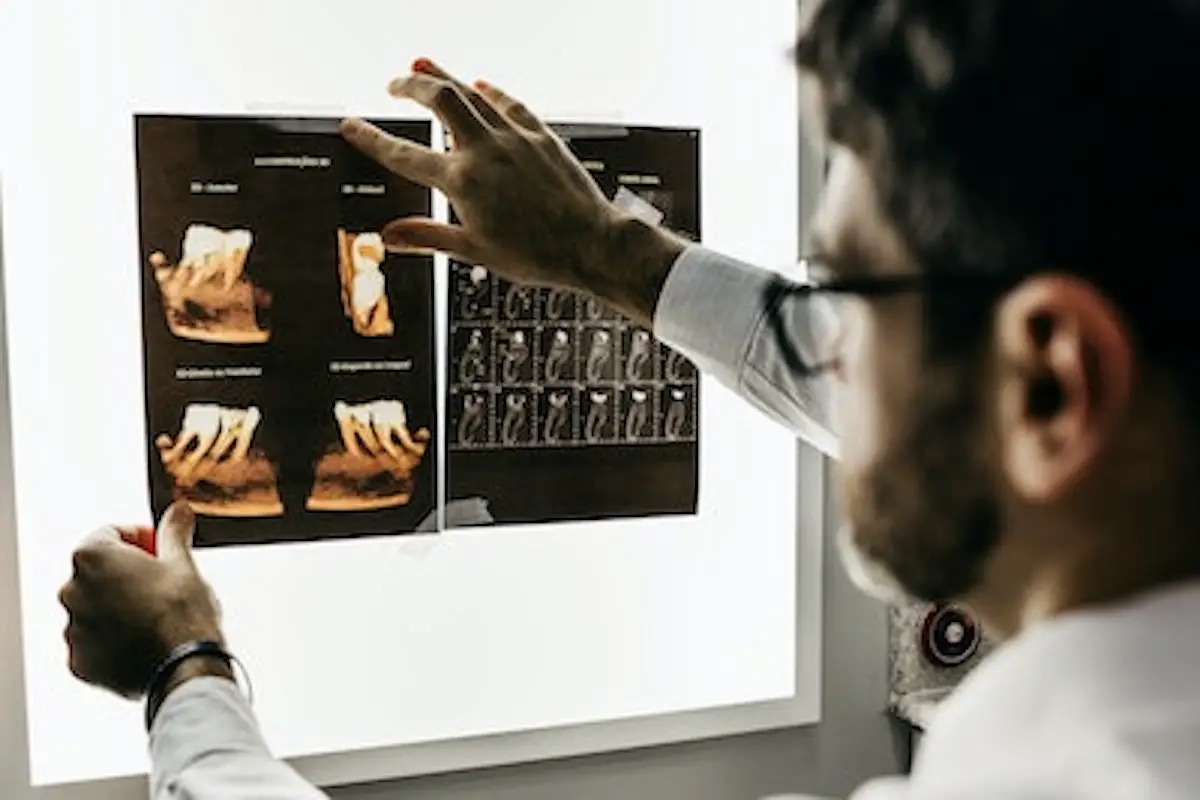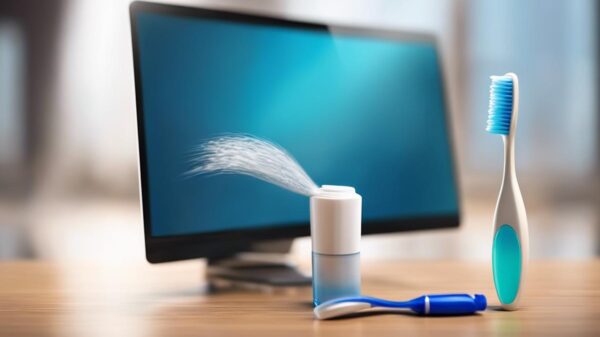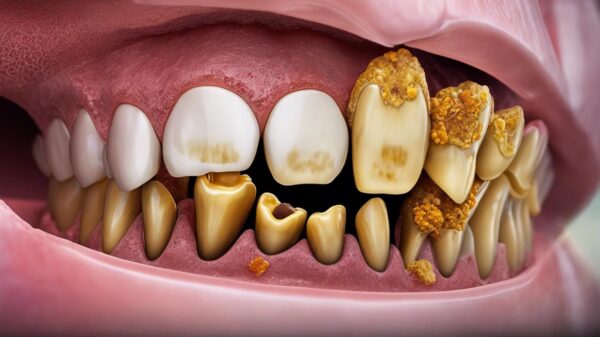Root Canal Recovery Process
“You will need a root canal.” Those words do not usually inspire excitement. More than often, anyone who hears this phrase is filled with a sense of dread.
It is one of the most common things that people fear their dentists saying, but it doesn’t change the fact that, according to the American Association of Endodontists, over fifteen million root canals are performed in America each year. Even with these numbers, the procedure and recovery are often worrying points for most.
So, how long does it take to recover from a root canal? It can take anywhere from a few days to a couple of weeks to recover from a root canal. The actual procedure is not very painful, but the area may be tender for a few days afterward. You may also experience some swelling and bruising. Most people take over-the-counter pain medication to help with any discomfort.
Keep reading to learn more about root canal recovery times!
Why Would You Need a Root Canal?
 There are a few reasons why you may need a root canal. The most common reason is that you have an infection in your tooth.
There are a few reasons why you may need a root canal. The most common reason is that you have an infection in your tooth.
This can happen if you have a deep cavity that has not been treated, or if you have had an injury to your tooth.
If the infection is not treated, it can spread to the rest of your mouth and cause more serious problems.
Another reason you may need a root canal is if you have a cracked tooth. This can happen from biting down on something hard, or from grinding your teeth at night. A crack in your tooth can allow bacteria to enter and cause an infection.
Root Canal Process
Most people dread the thought of getting a root canal, but the truth is that the procedure is usually not as bad as you may think. Many people report feeling little to no pain during the procedure. Here’s a look at what you can expect when you get a root canal.
First, your dentist will numb the area around your tooth with local anesthesia. This will help ensure that you feel little to no pain during the procedure.
Next, your dentist will make an opening in your tooth so that they can access the infected or damaged pulp. Once the pulp is removed, your dentist will clean and disinfect the area. Finally, they will fill and seal the tooth.
Common Root Canal Myths
 Yes, there are plenty of myths about root canals and many of them stem from what people have heard years and years ago. Thanks to modern medical advancements, we can dispel some of those myths.
Yes, there are plenty of myths about root canals and many of them stem from what people have heard years and years ago. Thanks to modern medical advancements, we can dispel some of those myths.
1. Root Canals Are Painful
This is one of the most common myths about root canals. In reality, root canal procedures are designed to relieve pain, not cause it.
Most people report feeling little to no discomfort during or after their procedure.
2. Root Canals Are Dangerous
Another common myth is that root canals are dangerous and can cause serious health problems. This simply isn’t true.
Root canals are a safe and effective way to treat an infected tooth. They have been used for over a century, and millions of people have had successful root canal procedures with no adverse effects.
3. Root Canals Are Unnecessary
Many people believe that root canals are unnecessary and that they can just extract the tooth instead. However, this isn’t always the best option. Root canals can save your tooth and help you keep your natural smile.
4. Root Canals Are Expensive
While root canals may seem like a lot of money upfront, they are quite affordable. In many cases, root canals cost less than tooth extraction and other dental procedures. Plus, they can save you money in the long run by preventing further damage to your tooth.
5. Root Canals Are Only for Adults
This myth is simply not true! Root canals are often necessary for children who have had cavities or other dental problems. Root canals can be vital for maintaining good oral health in children.
If you’re considering a root canal, don’t let myths and misconceptions dissuade you. Root canals are safe, effective, and affordable. And most importantly, they can save your tooth!
Steps of Root Canal Procedure Recovery
Taking care of your mouth after a root canal is important to ensure the success of the procedure and to avoid any complications. Here are seven steps you should take:
1. Avoid Chewing Hard Foods
 It is important to avoid eating hard foods for at least 24 hours after the procedure.
It is important to avoid eating hard foods for at least 24 hours after the procedure.
When you have a root canal, your dentist removes the infected tissue from inside your tooth.
This leaves your tooth hollow, and the walls of the hollow can be quite thin. Biting down on hard foods can put too much pressure on these walls and cause them to break.
If you do break your tooth after a root canal, it will likely require another procedure to fix it. So it’s best to avoid hard foods altogether after having a root canal. Instead, stick to softer foods that won’t put as much strain on your teeth.
2. Take Pain Medication as Prescribed
While root canals are generally successful in relieving pain and saving teeth, they can sometimes be quite uncomfortable. That’s because the procedure involves drilling into the tooth and removing tissue that is already inflamed and sensitive.
For this reason, your dentist will likely recommend that you take pain medication after your root canal. This will help to ease any discomfort and allow you to resume your normal activities as soon as possible.
There are a variety of different pain medications that can be used after a root canal. Your dentist will choose the one that is best for you based on your individual needs. Some common options include over-the-counter pain relievers, prescription painkillers, and local anesthetics.
No matter which type of pain medication you are prescribed, it’s important to take it as directed. This will help to ensure that your discomfort is minimized and that you heal properly.
3. Use an Ice Pack
Apply an ice pack to your cheek for 20 minutes every few hours for the first day or two after the procedure. An ice pack can help to reduce swelling and pain after a root canal.
Applyingy the ice pack as soon as possible after the procedur is importante. You should leave the ice pack on for 10-15 minutes at a time, and repeat this every few hours for the first day or two.
4. Rinse Your Mouth with Warm Salt Water
One of the most common problems is an infection at the site of the root canal. This can be extremely painful and may require additional treatment.
One way to help prevent an infection after a root canal is to rinse with salt water. Salt water has natural antibacterial properties and can help kill any bacteria that may be present in the mouth. It is important to do this as soon as possible after the procedure, as it can help reduce the risk of infection.
5. Brush and Floss Your Teeth as Normal
It’s perfectly fine to brush your teeth after a root canal. It’s important to keep up with your oral hygiene even after this dental procedure. Be sure to use a soft-bristled toothbrush and fluoride toothpaste, and brush gently in circular motions.
Remember to also floss at least once a day to remove any food particles or plaque that may have collected around your teeth. If you have any questions or concerns about brushing after a root canal, be sure to ask your dentist or endodontist.
6. Avoid Smoking for At Least 24 Hours
Some people may wonder if it is okay to smoke or drink alcohol after a root canal. The short answer is that it is generally not recommended to smoke or drink alcohol after a root canal. This is because smoking and drinking can potentially irritate the area where the root canal was performed, and can also lead to dry socket.
Dry socket is a condition that can occur after a tooth is extracted, in which the blood clot that forms at the site of the extraction becomes dislodged. This can cause severe pain and discomfort.
If you must smoke or drink alcohol after a root canal, it is important to do so very carefully. Make sure to not touch the area around the root canal with your mouth, and be sure to rinse your mouth out thoroughly afterward.
7. Follow Up with Your Dentist
Your dentist will want to make sure the recovery process is going well.
How Long Does it Take to Recover From a Root Canal?
It’s important to take it easy for a few days and not do any strenuous activity. Your dentist will likely give you specific instructions on how to care for the area. Generally, you’ll need to avoid chewing on that side of your mouth and brush and floss carefully.
If you have any questions or concerns, be sure to contact your dentist. With proper care, you should be feeling back to normal in no time.












